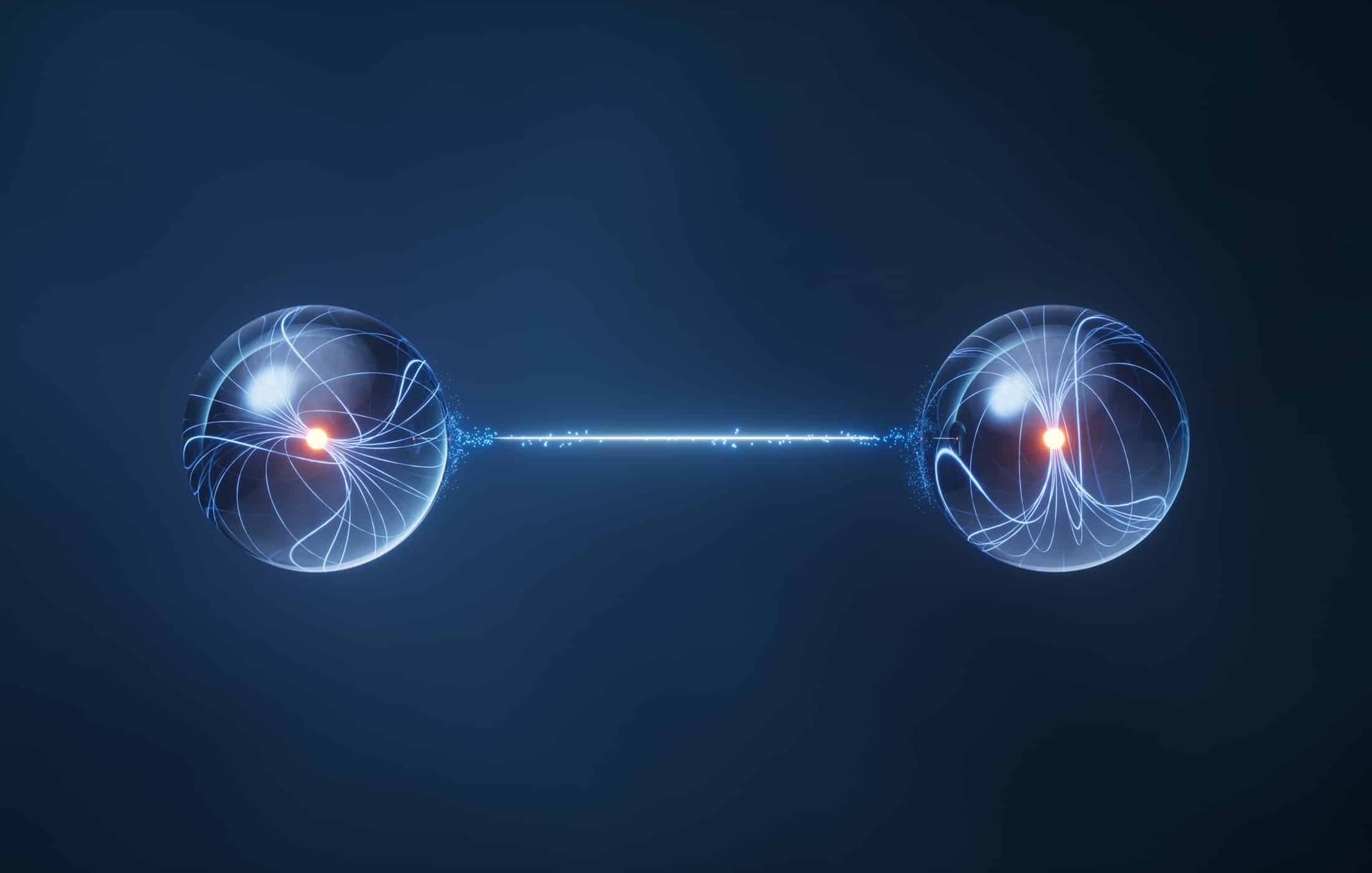Predicting 2034: New Type of Qubit

Researchers demonstrated a controllable interaction between a new type of qubits – hole-spin qubits – inside a standard silicon transistor. If this research is confirmed and the researchers indeed become able to control this type of qubit electrically and as reliably as they claim within standard, mass-manufactured transistors,the path to practical and large-scale quantum computers is going to become much clearer.
This development appears to be exactly the type of a breakthrough discovery that can impact all our predictions. Scientific developments usually follow a discernible trajectory, allowing for predictions to be made based on extrapolation and expert opinions. It is rare that the experts would not be able to see a path to a new improvement within their field. However, the quantum computing research right now is extremely dynamic – from new types of qubits as in this example, to algorithm optimization, quantum annealing, etc. there are many fields where a sudden, transformative breakthrough could disrupt all our predictions, potentially bringing Q-Day much closer than anticipated.
Because of the potential implications of this research, I am bringing the Q-Day prediction much closer.
New Advances in Hole-Spin Qubits
Quantum Upside & Quantum Risk - Handled
My company - Applied Quantum - helps governments, enterprises, and investors prepare for both the upside and the risk of quantum technologies. We deliver concise board and investor briefings; demystify quantum computing, sensing, and communications; craft national and corporate strategies to capture advantage; and turn plans into delivery. We help you mitigate the quantum risk by executing crypto‑inventory, crypto‑agility implementation, PQC migration, and broader defenses against the quantum threat. We run vendor due diligence, proof‑of‑value pilots, standards and policy alignment, workforce training, and procurement support, then oversee implementation across your organization. Contact me if you want help.